 (412) 364-9114
(412) 364-9114
So, your garbage disposal is leaking and you don’t want to call the plumber. Of all the things that can leak in your house, the garbage disposal definitely isn’t the worst. Many people who enjoy tackling DIY projects can fix this problem without too much effort or purchasing a bunch of specialized tools. We’ve posted this tutorial to help you solve this problem in your own home. FYI: garbage disposals connect to the sink and pipes in various places and leaks can occur at all connections, so we’ve divided this post into separate tutorials to help you with different types […]
Read more »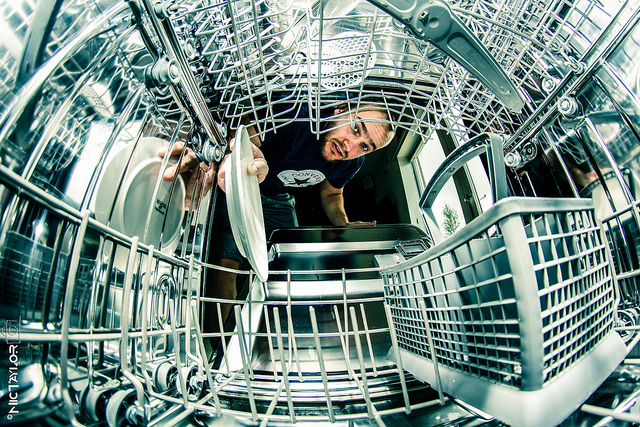
If you’re a typical homeowner, you probably spend hours a day cleaning your kitchen and doing the dishes. These chores can be a pain, but the dishwasher can cut the time you spend washing dishes in half. We’re dedicating this post of dishwasher loading tips to the people who slave away in the kitchen every day. We want you to make the most of your time, so that you can move on to bigger and better tasks around the house. Tip #1: Follow the Loading Instructions So, maybe you bought your house with a dishwasher pre-installed, or maybe you bought […]
Read more »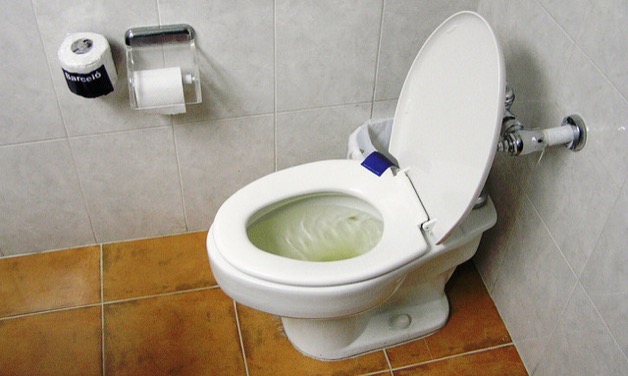
Ladies who use tampons: this is an important post that could save you hundreds or thousands of dollars on sewer or septic tank repair. Our advice is simple. Never flush tampons down the toilet. Ever. Don’t Do It Even If the Tampon Box Says You Can For some reason, tampon companies frequently market their tampons as “flushable”. While many tampons will usually go down the toilet without causing a clog, your tampon company does not know what is best for your plumbing or sewer line. At Terry’s Plumbing, we do–and we can tell you this is bad advice. Here’s why. […]
Read more »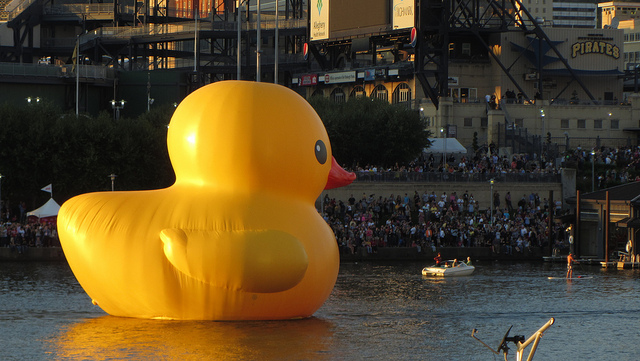
We know how much you love Pittsburgh: its people, its food, its culture. In celebration of our home town, we have assembled this list of top 5 Pittsburgh-related bathroom accessories for you! Steelers Bathroom Don’t be the last one on your block to get a Steeler’s bathroom! You can find accessories online and in stores across the city. From Steeler’s shower curtains to Steelers hand towels and Steeler’s toothbrushes, the Steelers bathroom is a thing of beauty in many proud Pittsburgh households. One of the most unique accessories available is the Steelers helmet toothbrush holder that attaches to your wall. How could you not want […]
Read more »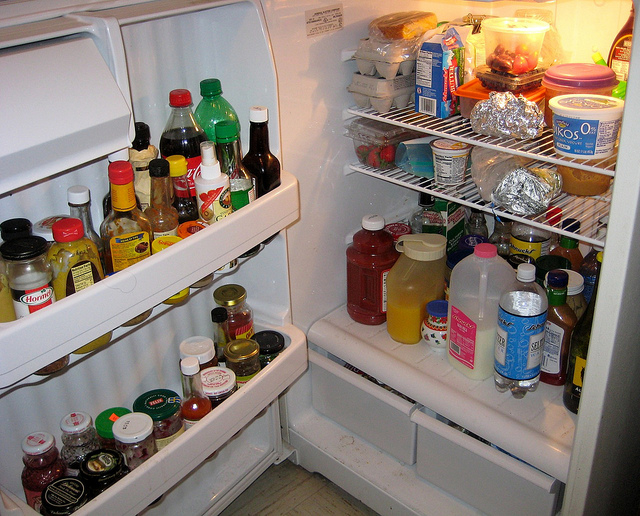
So, you’ve finally got that refrigerator with ice maker that you’ve always wanted. What’s the problem? There’s no water line that runs to the refrigerator! Don’t worry. Running a water line is something that many homeowners are capable of doing themselves, without spending money on a professional. Here’s how. Materials: Pipe tee (either copper or PVC) and the materials for attaching the tee made of that material Short pipe (4 inches) Stop valve Flexible tubing (length variable) Drill with appropriate bits Wrench Cable clamps Step-By-Step: Locate the cold water line that’s closest to your refrigerator. This may or may not […]
Read more »
Your home’s sewers are connected to your house through a system of drains and pipes. Usually these pipes have water inside them which creates a seal that prevents sewer gas from leaking into your home. However, sometimes sewer gas finds its way into the house through these pipes. If this happens, don’t panic. You may be able to fix the problem without incurring a big bill. Fill the P-Trap with Water P-traps are a type of pipe that have been cleverly named because the shape of the pipe resembles a letter P on its side. There may be many drains […]
Read more »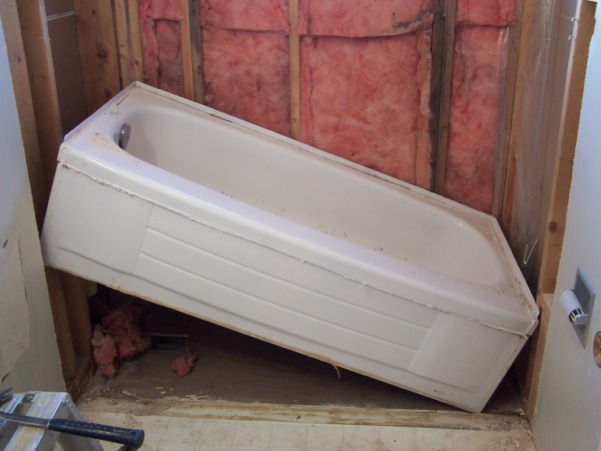
Removing and replacing a bathtub is not a DIY project that many homeowners would think to take on themselves. However, with the right tools and a capable helper, many people can complete this task without professional assistance. We’re posting this step-by-step tutorial on how to remove and replace a bathtub in hopes to help you with the process. Materials: Screwdriver Wrench Pry bar Safety goggles Ear protection Sledge hammer Utility knife Drywall saw Drill Screws Shims Level Plumber’s putty Note: Each bathtub and bathroom is different. To remove and install a bathtub in your bathroom, more materials than what is […]
Read more »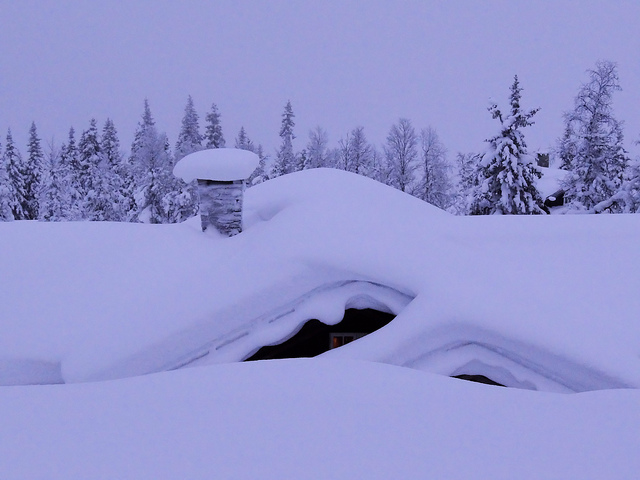
With the holidays finally out of the way, many homeowners are seeking ways to save money. A good way to do this is to improve your home’s energy efficiency. Greening your home can reduce your monthly utility bills starting immediately. The following tips will help those of you hoping to save money on your winter plumbing and heating bills. Bring Your Insulation Up to Code Insulation requirements change over time, leaving older homes behind in terms of their energy efficiency. Installing additional or new insulation in your home is a relatively easy way to improve your home’s energy efficiency and […]
Read more »Yes, pipes can freeze overnight. The lower the temperature outside and the more unprotected the pipes are, the more likely the pipes are to freeze. As a homeowner, you may have many questions about the consequences of frozen pipes and what can be done to prevent this problem from occurring. In this post, we’ll address some of your concerns and suggest a few methods for preventing your pipes from freezing. At What Temperature Will My Pipes Freeze? This is a complicated question that has been thoroughly explored by experts. There is no simple answer. Water freezes at 32 degrees Fahrenheit, but […]
Read more »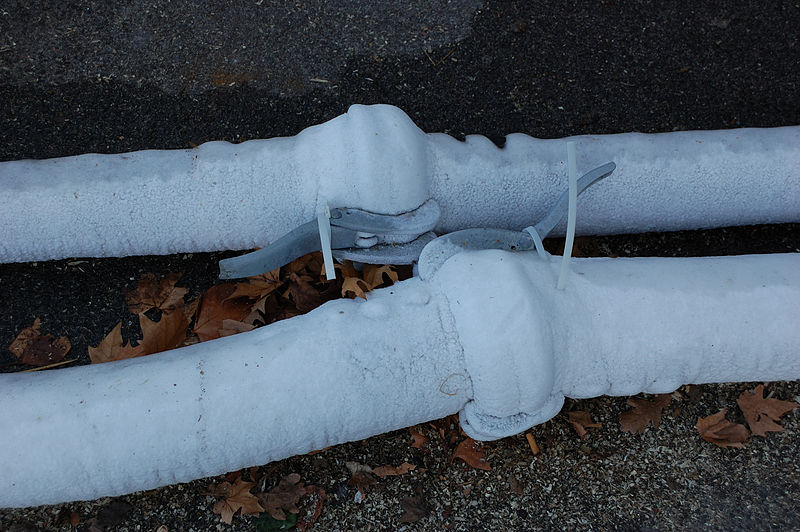
Winter can be long and boring and frozen pipes are hilarious. This weekend when you’re looking for something fun to do, we’ve got the perfect solution: make pipe popsicles in your house. You’ll need to start by freezing your pipes. Here’s how. Pipe Freezing Process Refrain from insulating your pipes, and go ahead and rip out any pre-existing pipe insulation. Pipe insulation will thwart all efforts to freeze the pipes in your home. Pay careful attention to the pipes that run along the outer walls of your home and through your cold basement–you definitely don’t want any insulation there. When temperatures outside drop […]
Read more »